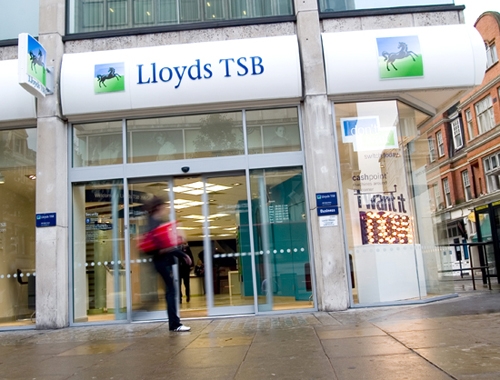The firm's latest Spending Power report found growth in essential spending slowed for the fourth consecutive month and was at its lowest level since November 2011.
Lloyds said this low point of 3.2 per cent was due to falling debt repayments and slowing growth in motor fuel spending.
Despite figures from the Office for National Statistics showing CPI inflation rose from 2.4 per cent to 2.6 per cent in July, the number of consumers who said they were concerned about inflation fell from 75 per cent to 72 per cent. The proportion who felt positive about the current level of inflation increased from 24 per cent to 28 per cent, the highest level since March 2011.
However, when looking at the wider economy, the amount who believed the UK's financial situation was 'not at all good' grew from 43 per cent to 46 per cent.
Patrick Foley, chief economist at Lloyds TSB, said: "Even though inflation is falling, weak income growth has prevented that from leading to a significant improvement in spending power."
Jatin Patel, director of current accounts at Lloyds TSB, said: "There are signs that the effect of lower inflation is being felt within household budgets.
"Annual growth in essential spending is not putting downward pressure on budgets in the same way as earlier in the year, but with income growth still weak, we are yet to see any noticeable improvement in the amount of money people have left over for discretionary purposes."
• Want to receive a free weekly summary of the best news stories from our website? Just go to home page and submit your name and email address. If you are already logged in you will need to log out to see the e-newsletter sign up. You can then log in again.

